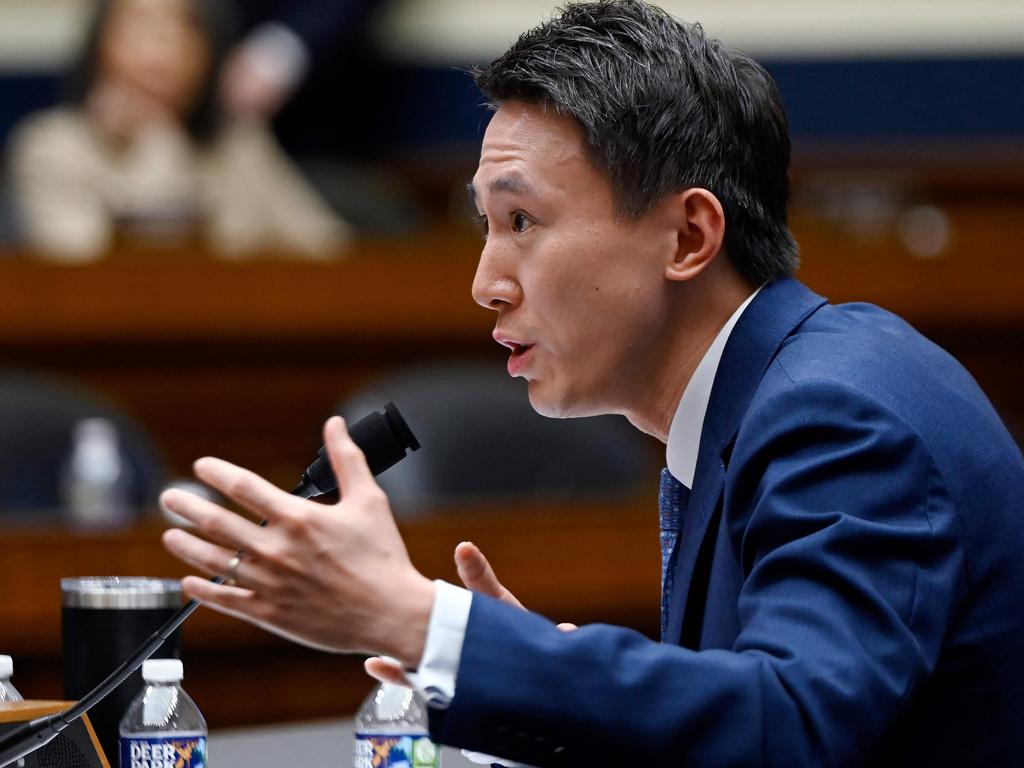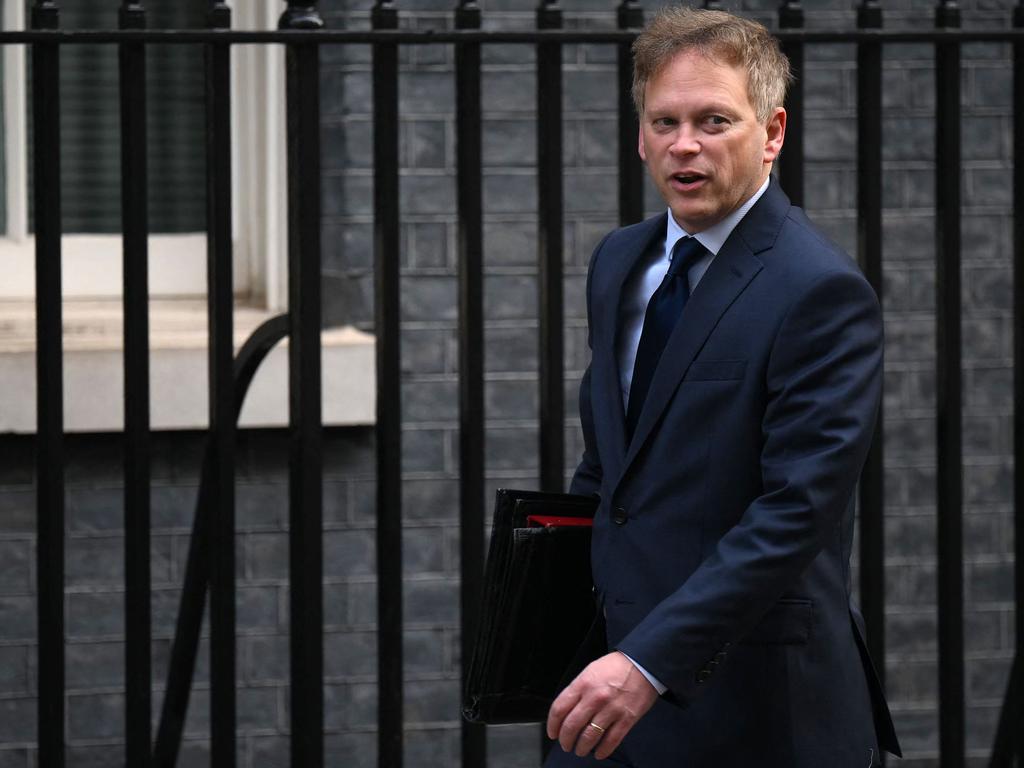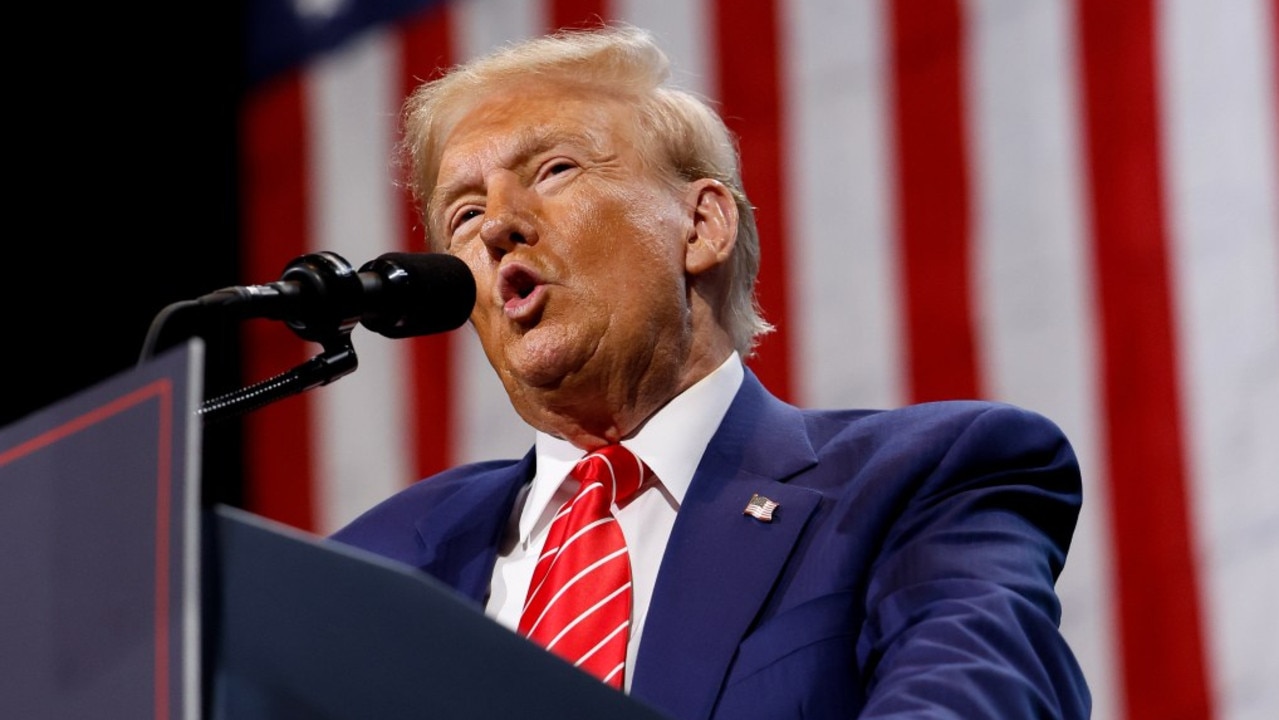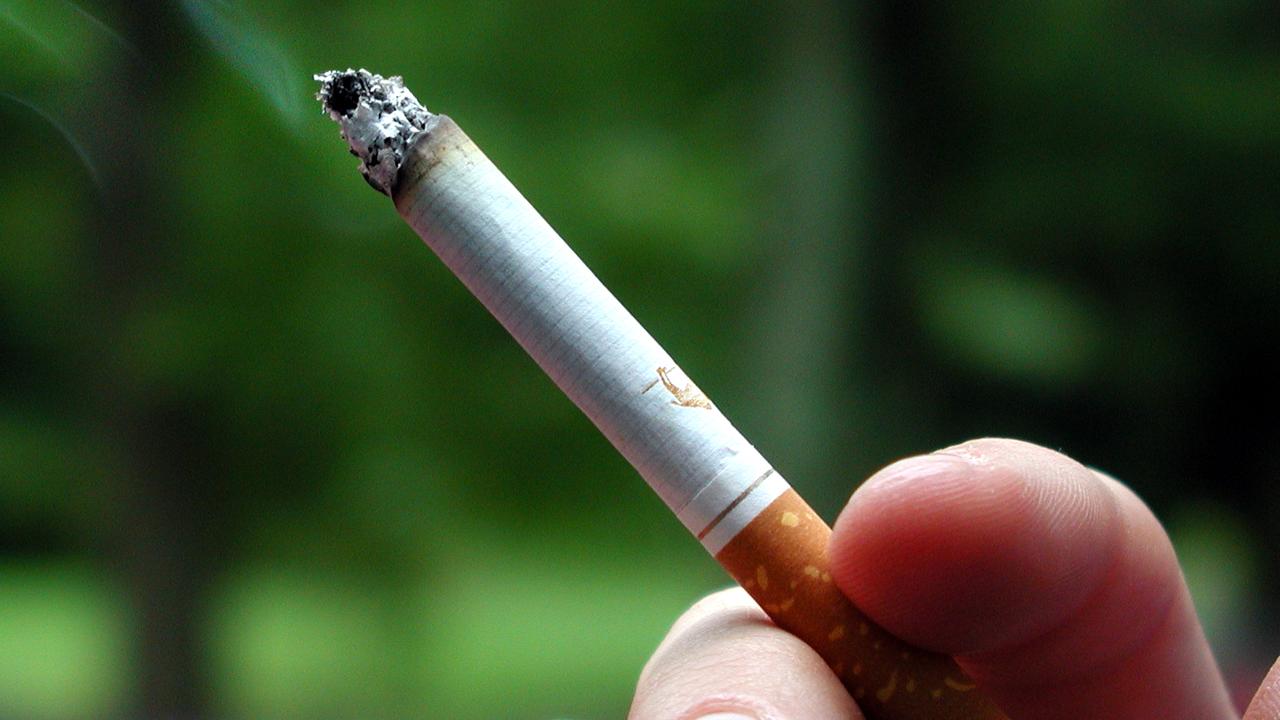Dance of life and death for TikTok in America
Countries across the West are watching the drama in the US Congress over the Chinese-owned app.
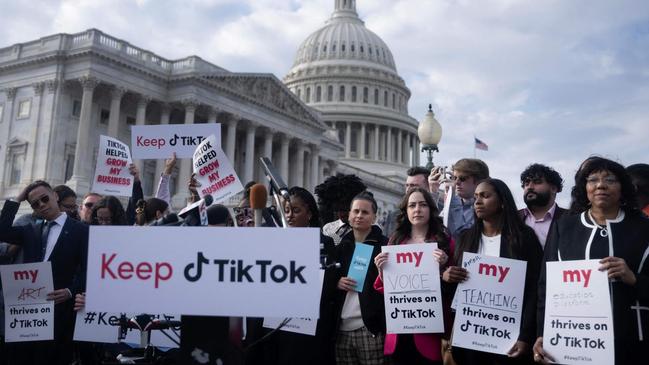
Filming a selfie in a zip-up hoodie and jeans, Shou Zi Chew did not launch into a dance routine, record himself lip syncing to a pop song, or cut to a day-in-the-life montage. Instead TikTok’s chief executive issued a blunt warning to those swiping through the short-form video app: it could be shut down.
“Some politicians have started talking about banning TikTok,” Chew told the Chinese-owned platform’s American users. “This could take TikTok away from all 150 million of you.”
His video this week was the centrepiece of TikTok’s last-ditch campaign to mitigate the threat of a crackdown in the world’s largest economy. Government officials, politicians and rivals in the US are circling, having grown alarmed over its rapid ascent.
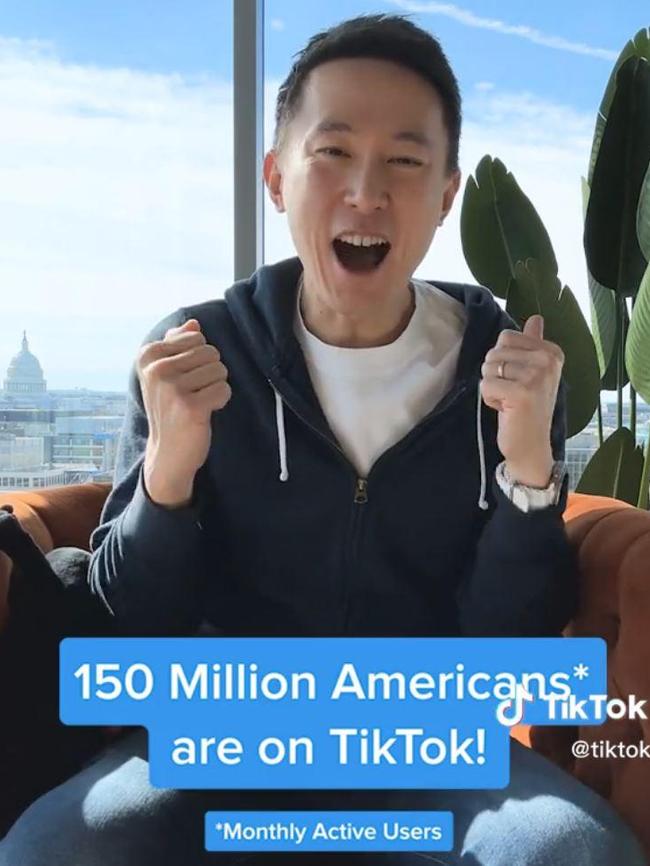
Over Chew’s shoulder in the minute-long clip was the dome of the US Capitol, where he would emerge days later for his first appearance before a congressional committee. Although he ditched the casual attire in favour of a blue suit and tie, and issued written testimony of almost 5,000 words, the core message remained the same.
“We do not believe that a ban that hurts American small businesses, damages the country’s economy, silences the voices of over 150 million Americans and reduces competition in an increasingly concentrated market is the solution to a solvable problem,” the Singaporean executive, 40, said.
In Washington and beyond, this argument has struggled to gain traction. The future of TikTok, which amassed more than a billion users in just a few years, has been thrown into doubt by apprehension over China’s potential influence and the safety of users’ data.
These fears are compounded by political hostility towards social media more broadly. TikTok and its competitors – including Instagram, owned by Meta Platforms, and Snapchat – face tough questions around how they screen harmful content and protect the mental health of their young audiences.
TikTok has gone to great lengths to stress it is not a Chinese app. It is headquartered in Los Angeles and Singapore and does not operate in China. But its owner, ByteDance, was founded and remains based there, prompting intense scrutiny of its links with the country’s government.
Chew, who had asked TikTok’s US users to share with him “what you want your representatives to know about what you love about TikTok”, encountered little affection as Thursday’s hearing got under way. He outlined the steps the group had taken to allay concerns, including an initiative known inside the business as Project Texas. It claims to have spent $US1.5 billion on an effort to “firewall” US user data from “unauthorised” foreign parties, forming a US subsidiary with almost 1500 employees and contracting Oracle, the US tech multinational, to store the data.
Such steps have failed to reassure its critics. The Biden administration has made clear its national security worries would be resolved by a sale, or a ban, and this week’s hearing set the stage for a pivotal few months for TikTok.
“TikTok’s fate in the US is on shakier ground than ever,” said Jasmine Enberg, principal analyst at Insider Intelligence, and the business “miscalculated” by revealing the scale of its popularity, in her view hindering its case. Dan Ives, technology analyst at Wedbush, described the hearing as a “disaster” and predicted that TikTok would be banned in the US this year if it was not sold.
But the path to either outcome is steep. In the short term, the status quo is “the likely scenario”, Anupam Chander, professor of law and technology at Georgetown University, said.
TikTok says ByteDance is 20 per cent owned by its founders, 20 per cent by its employees and 60 per cent by institutional investors, such as BlackRock and General Atlantic. Zhang Yiming, the ByteDance co-founder, is widely reported to control the company via a separate class of shares; ByteDance did not respond to a request for clarity.
TikTok has been here before. Threatened with a ban by the Trump administration, it held takeover talks with Microsoft in 2020, and agreed terms on a partnership with Oracle and Walmart, under which they would take a 20 per cent stake, only for the deal to be shelved when President Biden took office. This time Beijing has indicated it would resist a forced sale. Hours before Thursday’s hearing, a Chinese commerce ministry official said it would “firmly oppose” any such prospect.
Export controls introduced by China in 2020 “gave them the authority to ban the export of an algorithm”, Chander said. “The Biden administration was hoping for a win/win solution [whereby] the app continues to be used by 150 million Americans, but is now transferred into friendly nation hands. China potentially can veto that option.”
If TikTok remains under the ownership of ByteDance, there are doubts, too, as to whether the US could actually implement a ban. Donald Trump’s attempt to do this as president became mired in legal action, which ultimately halted it in its tracks. Should Biden try the same move, his administration is expected to face similar hurdles.
Unravelling TikTok’s ties to China, even if that means shutting it down, has attracted a rare bipartisan consensus in Washington. But the denouement is more likely to be settled in court than Congress. “Trump’s ban was really a sledgehammer,” Timothy Edgar, a former US national security and intelligence official, recently told Harvard Law Today. “It was, in my opinion at least, designed to make headlines, almost a form of trolling. As long as you get the headlines about trying to ban TikTok, whether you succeed or not, maybe that serves the political goal.
“And maybe Biden has the same motivation. But if what you’re trying to do is address national security concerns, I think you want an approach that’s more likely to survive a court challenge.”
Senior US government officials do not think they have the authority to ban TikTok without an act of Congress, The Washington Post reported. The legislation under which Trump sought to ban TikTok has exceptions for some personal communications and information sources. After Chew, 40, had concluded more than four hours of bruising testimony, TikTok released a statement that accused his interrogators of “political grandstanding” and failing to acknowledge the “real solutions” it had put in place to protect data.
The outcome of this battle is likely to have a fundamental impact on TikTok’s future beyond America’s borders. Other nations are watching closely.
This month the company announced Project Clover, its European response to data security concerns. Moves to rid UK government and parliamentary devices of TikTok, following similar steps by the US, Canada, Belgium and the European Commission, highlight the mountain of suspicion that such initiatives must contend with.
“Bans are only appropriate when there are no alternatives,” Chew suggested this week. But as TikTok struggles to reassure governments worldwide, the spectre of an abrupt end to its extraordinary rise looms large.
The Times


